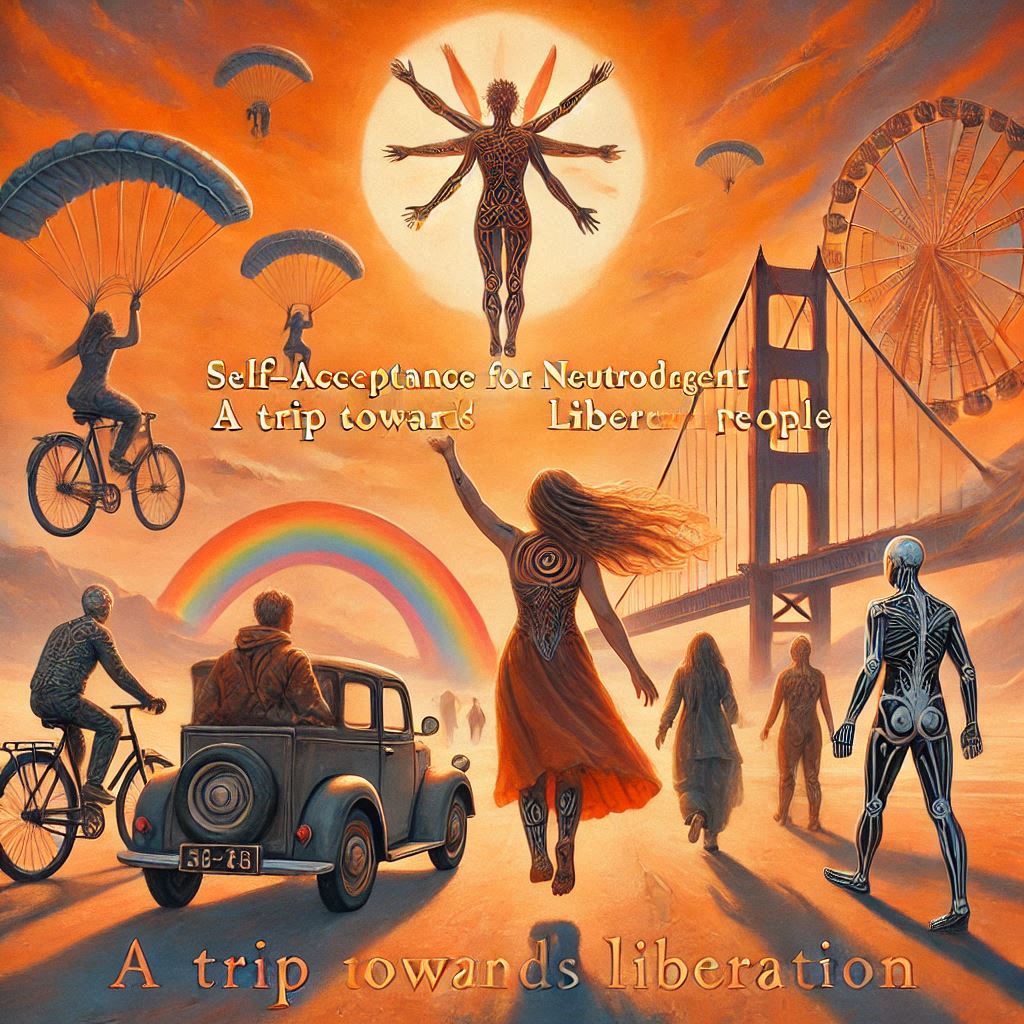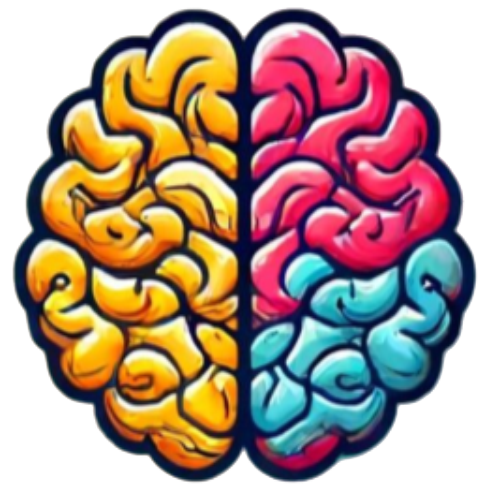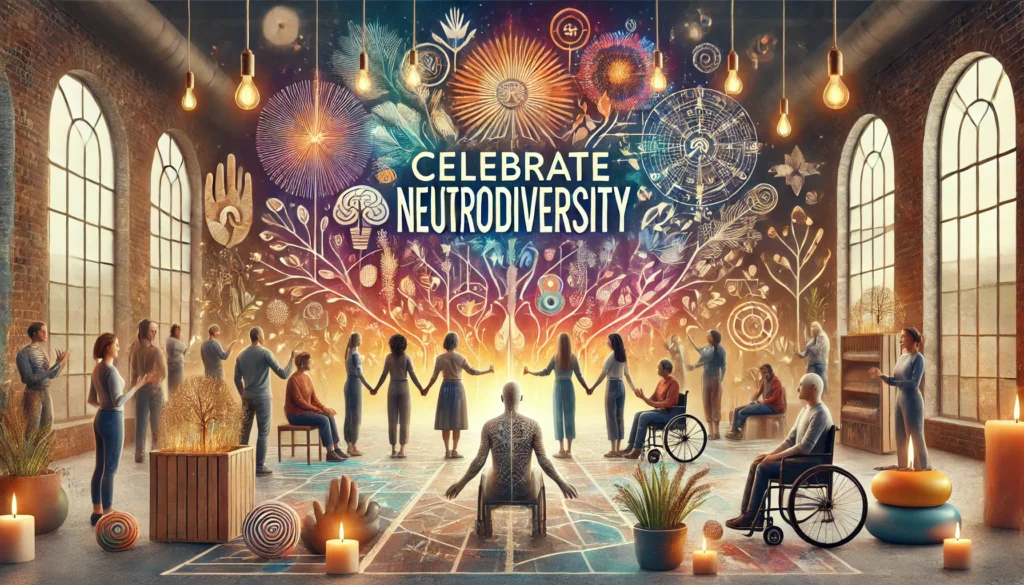Self-Acceptance for Neurodivergent People: A Journey Toward Liberation

Alright, let’s face it: we all have our moments of self-acceptance. For those like us, though, it often feels like a losing battle—especially when the world tells us we can’t be who we want to be.
But here’s the thing: self-acceptance is the key to unlocking the gate to freedom. This isn’t the clichéd “love yourself” mantra plastered all over social media. It’s about truly accepting yourself—flaws and all—on your own terms.
Why Self-Acceptance Matters
If you’re neurodivergent, you probably know what it’s like to feel out of sync with those around you or constantly trying to catch up with societal norms.
It’s exhausting. All the time spent conforming to what society expects could be spent enjoying yourself and embracing who you are.
Self-acceptance is about stepping back, taking a deep breath, and saying, “I’m fine just the way I am.” It’s a shift from mere survival to thriving—a transformation that changes everything.
The Path Toward Acceptance
Achieving self-acceptance isn’t simple or quick, but it’s worth it. Here’s how to get started:
1. Get to Know Yourself
Self-acceptance begins with understanding. Take time to explore your neurodivergence. What are your strengths? What are your challenges? Knowing yourself helps you accept every part of who you are.
2. Challenge Negative Self-Talk
We all have that inner critic. For neurodivergent individuals, this voice can be relentless, especially when we don’t conform to neurotypical standards. Remember: you’re not broken. Reframe those thoughts with respect and positivity.
3. Find Your Community
Being around people who understand you can make a world of difference. You won’t have to explain yourself—they already get it. (Pro tip: Check out supportive communities like Neuro-Trybe!)
4. Celebrate Your Wins
Big or small, every accomplishment matters. Whether it’s handling sensory overload or standing up for yourself, these moments are milestones on your journey of self-acceptance.
5. Give Yourself Grace
It’s okay to feel frustrated when you’re not “like everyone else.” Remember, you’re on your own path. Show yourself compassion, embrace mistakes, and keep moving forward. You are enough.
The Liberation Piece
Let’s talk about what happens when you accept yourself: freedom.
This freedom means no longer defending your choices or apologizing for who you are. It means breaking free of roles that don’t fit, standing up for yourself, and setting boundaries.
And here’s the ripple effect: when you liberate yourself, you empower others to do the same. By accepting yourself, you inspire others to embrace their true selves too.
The Bottom Line
Self-acceptance isn’t a destination—it’s an ongoing process. It’s not just about accepting yourself as a neurodivergent person; it’s about learning to love that part of you.
When you start this journey, life becomes easier to navigate. You’ll find freedom and, most importantly, discover who you truly are.
So here’s to embracing neurodivergence—one step, one day, one win at a time.


Responses